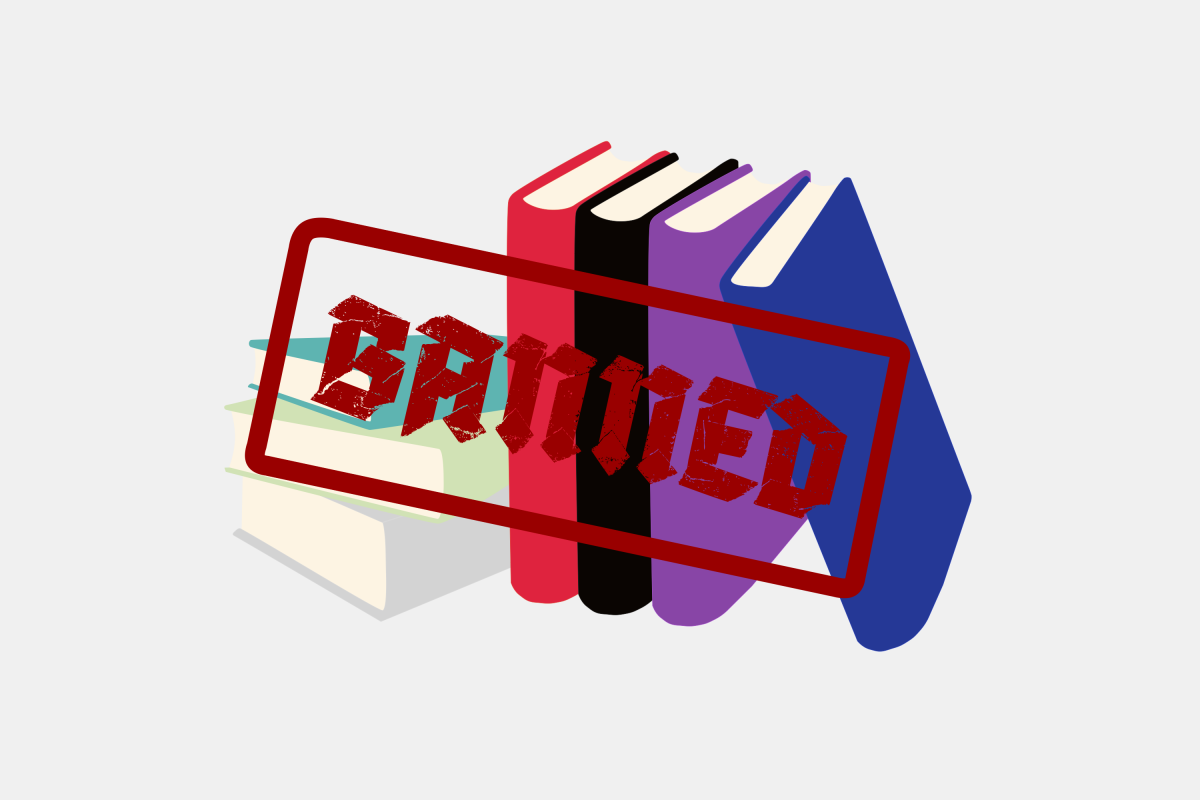In April 2020, author George M. Johnson published their New York Times bestselling book “All Boys Aren’t Blue: A Memoir Manifesto.” The critically acclaimed memoir is Johnson’s personal account of their life as a Black, queer person and their experience with family, structural marginalization, toxic masculinity, consent, gender identity and Black joy.
Despite the praise, Johnson’s book has also been challenged and removed from libraries in at least eight states, including Pennsylvania. A Florida school board filed a criminal report against Johnson for violation
of obscenity laws on Nov. 9. Johnson is not alone. In 2020, at least 273 books were challenged, according to the American Library Association. Many of these books contain content related to an-
tisemitism, sexuality or race, and many are written by Black authors.
“I think people are looking at race and images of oppression and saying ‘our children don’t need to see that,’” said Anne Krakow, director of Post Learning Commons and Drexel Library. “I disagree. I think that
they need to see [these topics], of course for the right age. They need to understand the difficulties of human existence and understand these were things that happened.”
The act of challenging and banning books is meant to censor topics that are believed to be explicit or inappropriate for minors. According to The American Library Association, books are often challenged to
“protect others, frequently children, from difficult ideas and information.” For Johnson, this concept of challenging books doesn’t add up.
“When people are realistically just sharing their lived experiences, the type of censorship that’s happening just doesn’t make sense,” Johnson said. “Denying us from telling [our lived experiences] doesn’t mean that it’s still not happening, and it also doesn’t mean that there aren’t other ways that this
story is going to get in the world anyway.”

Censoring what is available to readers interferes with the freedom of democracy, according to Kelsey Scouten Bates, director of The Rosenbach, a rare books museum and library in Philadelphia.
“We believe the reader has the ability to discern what’s good or bad for them,” Bates said. “Another person, another entity, should not make that decision.”
Johnson said their experience has led them to contemplate how the act of challenging books is primarily done by white people against books that acknowledge racism.
“It’s interesting that this type of stuff critiques white people, but the stuff we’ve been reading has critiqued us for hundreds of years,” Johnson said. “So [explicit content] can’t be the issue, right? That’s really not the issue then because you’re not concerned about it when it’s happening on the reverse side.”
That being said, not all challenged books are necessarily challenged for being graphic or explicit. Jerry Craft’s “New Kid” and “Class Act,” two graphic novels challenged for allegedly “promoting critical race theory and Marxism,” simply follow a Black protagonist that largely reflects on his own personal experience growing up in a predominately white, private school.
“How often do you ever see a Black character who you can relate to, who you have actual empathy for?” Craft said in an email to the Hawk. “What’s the closest we have to a Harry Potter, Wimpy Kid, or any other iconic protagonist? That’s why I wanted to share both ‘New Kid’ and ‘Class Act’ to the world.”
Reading these books is important because they allow people to see different aspects of life than what is part of their inner circle, Craft said.
“The more that you learn about people, how you’re similar, how you’re different, it allows you to have more feelings towards them than just fear or hate,” Craft said. “It’s much easier to hate me from a distance than it is over lunch.”
In the case of Johnson’s book, the publicity resulting from the book ban has garnered the book renewed attention.
“If nothing else, it’s doing what I wanted it to do in the first place, which was [to] be seen by as many people who needed the story as possible,” Johnson said.


































